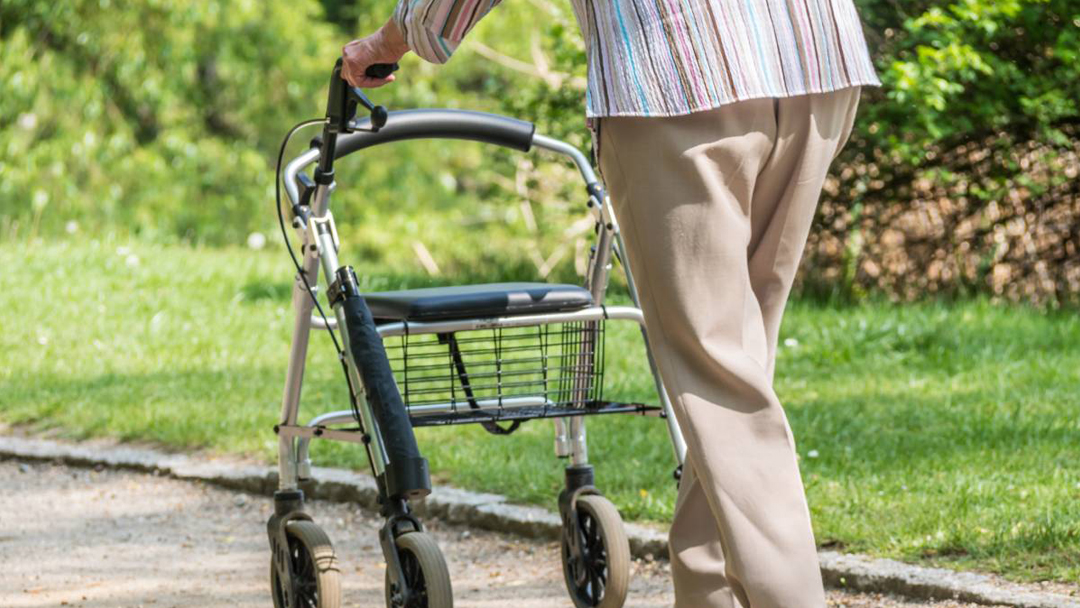Written by Jennifer Hille
In Quebec, and across the country, the aging of the population will dramatically impact all sectors of society over the coming years. This must be considered before 2035, when a quarter of the population reaches the age of 65 or more. The significant effects of an aging population on individuals, their friends and family, and the social fabric need to be analyzed. The crisis affecting long-term care homes (CHSLDs) during the current COVID-19 pandemic demonstrates yet again the urgent need for innovative solutions. Hence the importance of collectively thinking about housing solutions for seniors and the elderly and how to provide them with essential services.
A Ray of Hope for an Aging Population
In the 12 years after they leave their own home, an elderly person will typically move four times. Why are these vulnerable individuals obliged to find new living quarters in response to a predictable loss of autonomy? What type of housing would allow individuals and their families to access necessary supports at home, and how could this space be adapted to individual needs? Outlined here are some avenues the AGRTQ (Association des Groupes de Ressources Techniques du Québec) has studied in order to propose concrete solutions to the challenge of providing affordable housing to a growing elderly population.
Aging with Dignity is Not a Privilege Linked to One’s Wallet
Housing for seniors is principally provided by large private organizations and designed for autonomous and semi-autonomous people. The cost of housing in these facilities is very high. This does not accommodate those of medium or low income, who will quickly deplete their savings, but are ineligible for government assistance such as rent supplements. Faced with these issues, the AGRTQ is studying the gap in services faced by seniors with average income and the possible strategies to offset its effects. In 2016, a working committee was created and mandated to analyze the feasibility of developing a community housing network for seniors. Collaborative discussions in partnership with social economy organizations, the healthcare system, social services and trade unions, amongst others, guided the approach. These consultations allowed the AGRTQ to elaborate a viable business model specifying services to be offered.
Non–residential services and their financing were analyzed in collaboration with the Réseau de coopération des Entreprises d’Économie Sociale en soutien À Domicile (EÉSAD). Discussions with organizations in the healthcare system (MSSS, CISSS/CIUSSS, FIQ) contributed to a detailed elaboration of an innovative approach to home healthcare. This novel approach is therefore consistent with numerous initiatives already established in Quebec communities seeking alternative responses to the needs of the elderly.
A Collective Solution for an Aging Population and a New Expertise for the Community Housing Sector
The AGRTQ proposes a concrete response to the aging of society that will affect all its members: a community housing network. In creating the not—for-profit organization – Community Housing for Quebec Seniors — a large-scale community housing development rooted in the regions of Quebec will be born. Over the next twenty years, the AGRTQ envisions 10,650 new housing units in 88 establishments. Property management will be undertaken by local organizations to root the project within the local communities.
Each establishment within the Community Housing for Quebec Seniors network will be dynamic and inclusive in order to put residents’ health at the forefront of the project. This model will differ significantly from that of existing private and institutional residences. In addition to participating in designing their new home, residents may participate in decision-making regarding their building management and services available to them.
Thus, the project will be designed by and for the residents. An inclusive process will reduce the sense of isolation often expressed by the elderly. These innovative housing units will provide an appealing option for middle-class seniors moving out of their homes. Their new living space will be affordable and safe while also offering diverse physical and social activities. Support will be adapted to residents’ needs and health status without impoverishing them.
Centre’s Contributions: From Concept to Operation
The Centre’s subsidy will provide the necessary human and financial resources to launch a pilot project: “We are now at the stage of operationalizing our project, explains Claire Lapointe, Director of Development of Seniors’ Housing at the AGRTQ. We have the concept and the idea. With the financial support of the Centre, we will be able to put the organization on its feet. We have a solid 18 months of work ahead of us and we are eager to start and make a difference in the lives of a large number of people in Québec.”
The organization also wishes to formalize its organizational capacity and operational plan. Presentations and meetings in the community accompanied by informational material for funders and partners will help to solidify this ambitious project.
“We would like to thank the Centre for the support and the tools which were well designed and clear, such as the webinar or the guide on the web site. With the help of these tools, submitting our funding application was easy apart from a few technical glitches encountered while filling the forms. Finally, I would like to encourage other organizations to submit their applications, because together, we can expand the offering and expertise in the community housing sector for the elderly or other vulnerable populations,” summarized Mrs. Lapointe.



